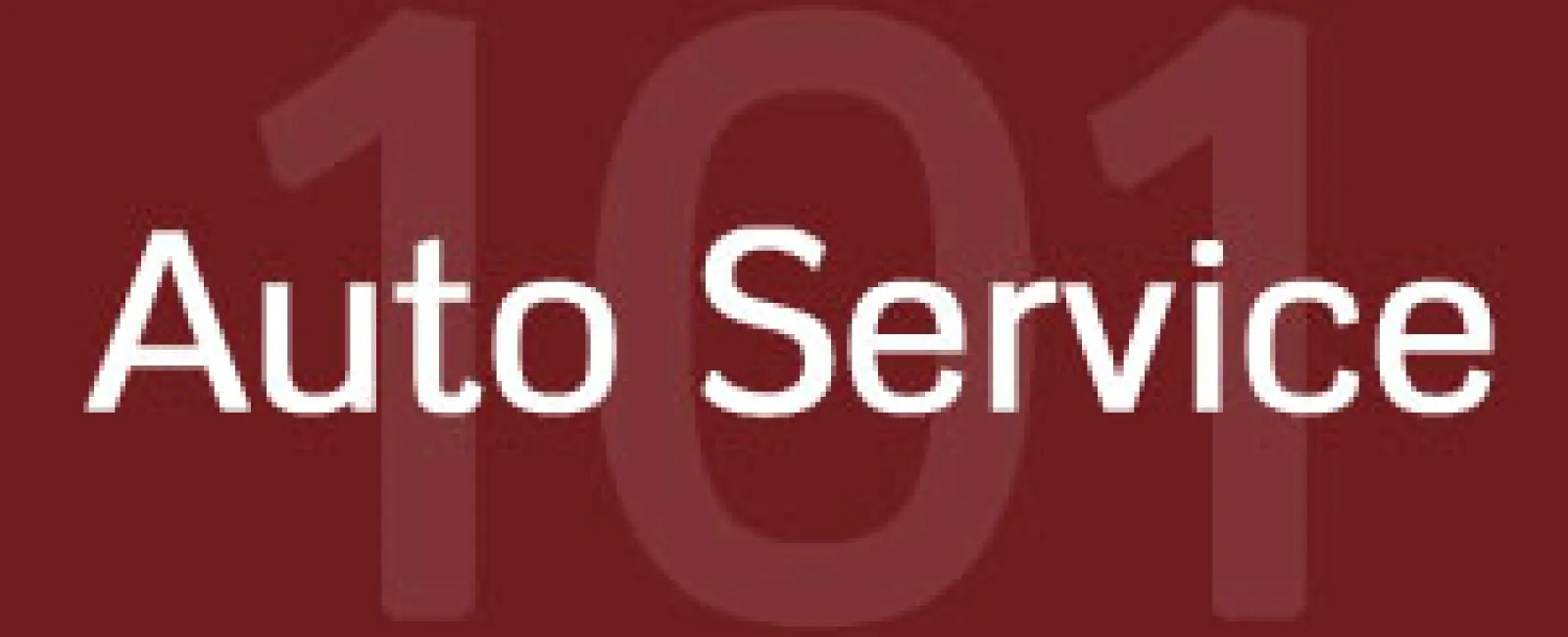Today's automobiles are high-tech wonders. They have many complex systems that provide us with many dependable miles of driving. Electronic computers and sensors assist in making it possible for cars to run better, longer, and more efficiently. However, when it comes to repair, some things stay the same. Whether you choose to have your Volvo, BMW, Mini or Land Rover serviced and repaired at a dealership, service station, independent shop, specialty shop or national franchise, good communication between the customer and the shop should not be overlooked. Good communication is essential to getting your car fixed correctly the first time. Here are some suggestions:
Do your homework before taking your car in for repair or service.
- Become familiar with your owner's manual. Most manuals have a wealth of information about your specific vehicle.
- Follow the manufacturer's recommended service schedule, at a minimum.
- Keep good records of all maintenance and repairs done.
Who knows your car better than you? NO ONE! Use your senses to inspect your car regularly. Be aware of:
- Unusual sounds, odors, drips, leaks, smoke, warning lights, gauge readings
- Changes in acceleration and/or engine performance
- Changes in steering, braking, or any vibrations
- Note when the problem occurs, e.g. when the vehicle is cold? After the engine is warmed up? At all speeds? When accelerating? During braking? When shifting?
- When did the problem first occur?
When you are dropping your car off be sure to communicate your findings.
- Be prepared to describe the symptoms.
- Give the service writer or technician a written list of the symptoms.
- Resist the temptation to suggest a specific repair. The technician is your car's doctor. When you go to your doctor, you tell the doctor where it hurts and how long it's been hurting. You let the doctor diagnose the problem and recommend a remedy.
Stay involved and ask questions.
- Ask as many questions as necessary for you to understand. Do not be embarrassed to request an explanation or repair in lay terms.
- Don't press the service writer or technician to make an on-the-spot diagnosis. It is one of the worst mistakes a customer can make and virtually ensures an incorrect diagnosis.
- Ask to be called with an estimate before any repairs are performed.
- Before you leave the shop, be sure you understand all shop policies regarding labor & diagnostic charges, warranties and acceptable payment methods.
Call us today with any questions, 404-367-4767. Thanks!

